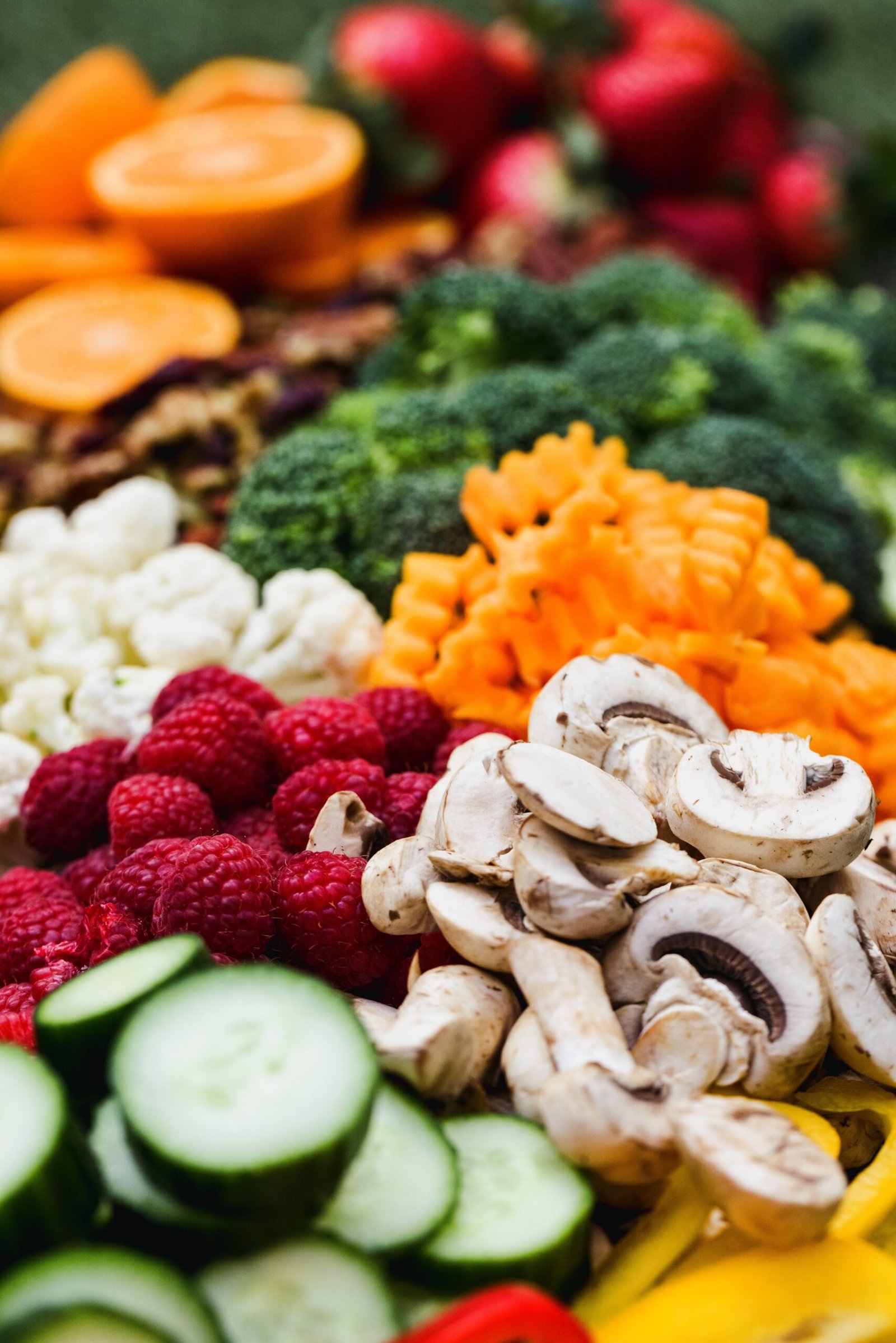
5 Top Nutritional Tips For A Healthy Heart
The heart is the most rigid working muscular organ.
It works to supply the human body with an average of 2,500 gallons of blood daily. In an average lifetime, the heart beats over 2.5 billion times and it is essential to keep it in top health.
A healthy heart equates to a better quality of life. Although people can’t deny that genetics play a role in some significant cardiac problems, you can avoid many heart diseases by making good lifestyle choices. Regular physical evaluation by a healthy diet and regular exercise, and stress management can contribute to overall heart health.
Here are the top five nutritional tips for hearty meals that are good for the heart too!
Limit Unhealthy Fats
You are what you eat. And if you eat a lot of unhealthy fats (think saturated and trans fats), it will eventually affect your heart health. High blood cholesterol brought about by excess consumption of unhealthy fats has been linked to a higher probability of coronary artery disease. Keep in mind that saturated and trans fats are the “bad” fats you want to consume less. Whereas polyunsaturated fats are the “good” fats, you want to incorporate this type of fat into your daily diet. This is especially important if you have a family history of heart problems. It’s important to adjust your diet accordingly after estimating your risk of cardiovascular disease so you can still enjoy the occasional unhealthy meal carefree. Understanding your body and its needs is the key to a healthy heart.
Saturated and trans fats are highest in processed foods, so limiting the consumption of processed foods is vital. Instead, your diet should comprise unprocessed whole foods rich in polyunsaturated fats such as those found in flaxseeds, nuts, and most types of fatty fish. The great protein in salmon makes it one of the best sources of polyunsaturated fats and omega-3.
Consume More Produce
Make it a habit to incorporate more fruits and vegetables into your diet. Fruits and vegetables are good for your heart, but they also contribute to overall health by supplying the body with various vitamins and minerals. As with any food, it is best if you can source your produce from organic farms. However, if this is not an option, frozen or canned fruits can also suffice; be wary of the preservatives, and add sugar.
A diet high in omega-3 maintains good heart health, so a daily serving of omega-3 rich products such as nuts, edamame, and Brussels sprouts is essential. When consuming produce, keep in mind that portion sizes are also necessary and they should complement your macros for the day.
Limit Salt Intake
A diet high in sodium can eventually lead to high blood pressure, which sets off a series of events to put you at greater risk for heart disease. Sodium is an essential mineral needed by the body, but too much of it in the diet also affects the balance required by the body to maintain homeostasis. Canned and processed foods are high in sodium content, so it is best to cut back on these types of foods. Keep in mind that unprocessed, whole foods are still the best food choices. Also, be cautious about how you season your food. You can start by cutting back on the salt that you use for cooking. Also, be aware that many condiments are also high in sodium, so consume these in moderation. When available, you can opt for low-sodium versions of spices and seasonings to compliment your food.
Consume More Water
It is essential to stay hydrated. But what you hydrate with matters. Consuming more water rather than processed, sweetened beverages can do wonders for your overall health. It is essential to cut back on liquids with a high sugar content such as sodas, sweetened juices, and energy drinks as excessive sugar in the diet contributes to the development of diabetes and can be a risk factor for obesity.
Therefore, it is essential to consume more water during the day, especially during the hot summer months and during physical activity. If you want a little flavor in your water, you can add some zing by infusing it with fruits such as lemons, watermelons, cucumbers, and even mint. Be creative in your water infusions, and you’ll realize that the possibilities are endless. You can also add some chia seeds for an added boost of minerals and fiber.
Cook Your Meals
Cooking your meals means that you get to control the portion sizes and know what goes into the food that you consume. Most restaurants season their food with high sodium condiments or use preservatives in their food preparation. If cooking your meals sounds like a burden, you can make it easy by planning and prepping your meals ahead of time.
You only need one day a week to plan and cook nutritious meals that you can grab and pop in the oven or microwave for the week to come. Once you get the hang of it, meal prepping should be a breeze and should be able to save you more money compared to regularly having meals to-go. Another plus of cooking your meals? You get to hone your culinary skills too!











Garry
Nice post and tips. In fact, our body can get so much useful things with the help of simple things and products every day. But for those who have nutrition problems or just want to improve it, products like https://prorganiq.com/products/mens-multivitamin can help you